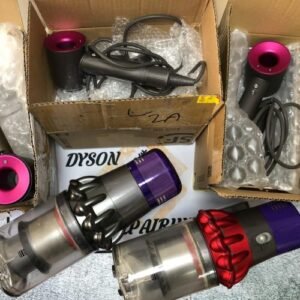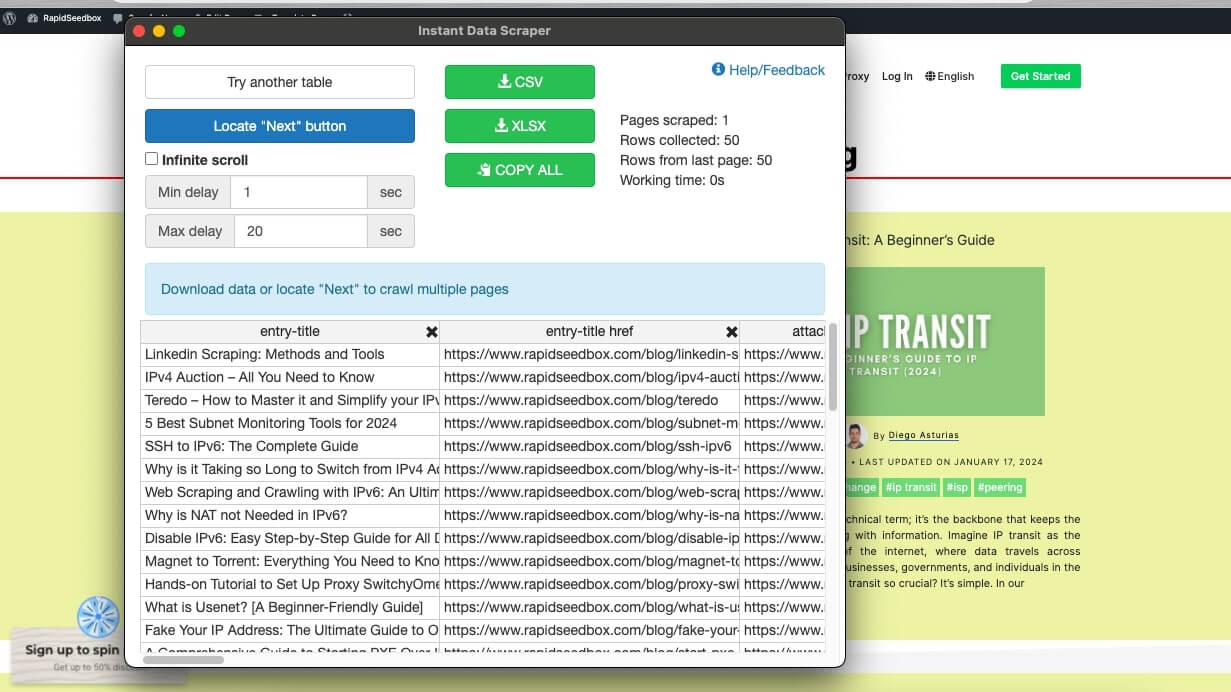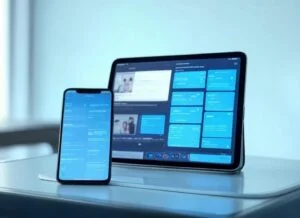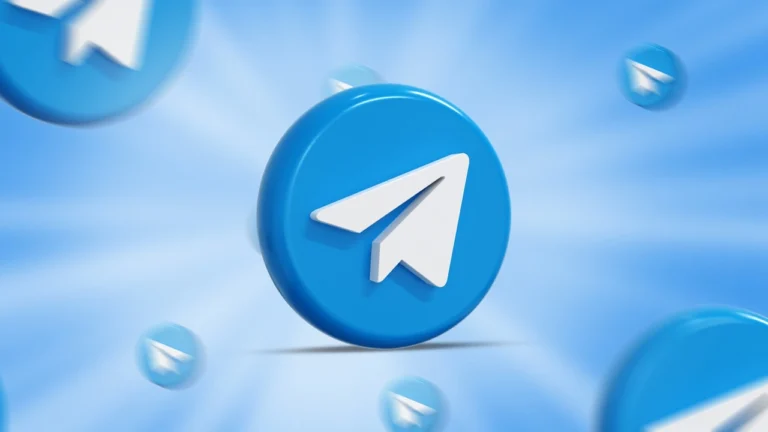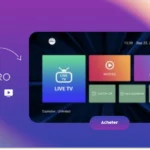Introduction to Web Unlockers
In the digital age, access to information is a fundamental necessity. However, due to geo-restrictions, firewalls, content filters, and government censorship, certain websites and online services become inaccessible to users. This is where a web unlocker comes in. A web unlocker is a tool or service designed to bypass these digital barriers, allowing unrestricted access to the internet. Whether you’re a casual browser, a digital nomad, or a professional conducting online research, understanding how web unlockers work can empower you to access the content you need without boundaries.
What is a Web Unlocker?
A web unlocker is essentially a tool—often a proxy or VPN service—that helps users bypass internet restrictions by disguising their IP address or routing their connection through a different server. This allows the user to appear as if they are accessing the web from another location, effectively unlocking blocked websites and content.
There are different types of web unlockers available, including browser-based proxies, virtual private networks (VPNs), Tor networks, and specialized web unlocking tools built into certain browsers or browser extensions. Each method offers unique benefits, and choosing the right one depends on your specific needs and technical comfort level.
How Does a Web Unlocker Work?
To understand how a web unlocker works, it helps to know how website blocking occurs. Web restrictions typically happen at several levels:
- IP-based blocking: Websites detect and block IP addresses from certain regions.
- DNS filtering: Internet Service Providers (ISPs) prevent access to specific domain names.
- Deep packet inspection: Networks analyze data packets and block those matching certain criteria.
A web unlocker circumvents these restrictions using one or more of the following methods:
- Masking your IP address: By connecting through a remote server, your real IP is hidden.
- Encrypting your data: VPNs and some proxies encrypt data, making it unreadable to third parties.
- Routing through alternate DNS servers: Bypassing ISP-level restrictions.
For instance, if you’re in a country where social media platforms like Twitter or Facebook are blocked, using a web unlocker can allow you to access those platforms as though you were in a region where they are freely available.
Use Cases for Web Unlockers
Web unlockers are useful in a variety of scenarios:
Accessing Geo-Restricted Content
One of the most common uses of a web unlocker is to access streaming services, news websites, or social platforms that are restricted in certain regions. Services like Netflix, Hulu, BBC iPlayer, or even YouTube often provide different content based on geographic location. With a web unlocker, users can access the full content library from anywhere in the world.
Overcoming Censorship
In countries with heavy internet censorship, many websites are blocked by the government. Journalists, researchers, and citizens in such areas rely on web unlockers to stay informed, publish content, and communicate freely with the outside world.
Workplace and School Restrictions
Many schools and workplaces implement firewalls that block access to social media, streaming platforms, or other non-work-related websites. A web unlocker can bypass these local network restrictions, allowing access to blocked content during breaks or for research purposes.
Enhanced Privacy and Anonymity
Web unlockers, especially those that include encryption like VPNs, help protect user data from being monitored by ISPs, hackers, or even government surveillance. They offer a layer of anonymity by masking the user’s location and encrypting their internet activity.
Types of Web Unlockers
There are several types of web unlockers, each with its pros and cons:
Proxy Servers
Proxies act as intermediaries between your device and the internet. When you connect to a proxy, your request goes through the proxy server, which then accesses the internet on your behalf. This changes your visible IP address. However, proxies often lack encryption, which makes them less secure than VPNs.
Virtual Private Networks (VPNs)
VPNs provide both anonymity and security. They encrypt your data and route your internet traffic through a remote server in a different country. This not only changes your IP address but also hides your online activity from your ISP. VPNs are a reliable choice for users who want both access and privacy.
Web-Based Proxies
These are websites that allow you to browse the internet through their servers. They are easy to use and require no installation, making them suitable for quick access. However, they are generally less secure and may not support all types of content or complex websites.
Tor Network
The Tor network uses a decentralized system of servers to anonymize your online activity. It’s popular among privacy advocates and users who require high levels of anonymity. However, it tends to be slower than other methods.
Browser Extensions
There are several browser extensions available that function as web unlockers. They are lightweight, easy to use, and often free. However, they may not offer the same level of security as full VPN services.
Choosing the Right Web Unlocker
When selecting a web unlocker, consider the following:
- Purpose: Are you unlocking streaming services, bypassing censorship, or seeking privacy?
- Security: Do you need encryption and anonymity?
- Speed: Some services can slow down your connection.
- Ease of Use: Is the tool user-friendly and accessible?
- Compatibility: Does it work with your device and browser?
Free services may be sufficient for casual users, but for those concerned with security and speed, investing in a reputable VPN is often worth it.
Legal and Ethical Considerations
While using a web unlocker is generally legal in most countries, there are exceptions. Some governments strictly prohibit the use of VPNs and similar tools. Always check local laws and regulations before using a web unlocker. Additionally, bypassing paywalls or accessing copyrighted content without permission can violate terms of service and lead to penalties.
Ethically, web unlockers are tools—they can be used for both good and bad purposes. Using them to access information, connect with others, or protect your privacy is valid and often necessary. However, using them for malicious or illegal activities is not advisable.
Conclusion
A web unlocker is a powerful tool that enhances freedom, access, and privacy online. Whether you’re trying to watch a show that’s unavailable in your region, research uncensored news, or simply maintain your privacy, web unlockers provide a reliable solution. As the internet continues to evolve, and digital barriers grow more complex, having access to a trustworthy web unlocker will remain essential for unrestricted online browsing. With the right web unlocker, the internet becomes a truly global and open space—just as it was meant to be.



